Jonathan handing over to Buhari
You need to see me laughing quietly in my corner as we prepare for the 2023 presidential election. The political debate has been built around where the next president should come from. I am having fun listening to certain people taking certain positions, completely forgetting — or pretending to forget — what they were saying before now. I have seen some people who campaigned for “power rotation” some years ago now saying where the next president comes from does not matter (they now say only “merit” matters). I have seen people who agitated for “merit” now saying the next president must come from a particular region. Let’s just say hypocrisy is the spice of politics.
People are allowed to change their minds, aren’t they? Maybe they believed in power rotation some years ago and have seen the light and are now more interested in “merit”. Perhaps those who preached “merit” in the past are now persuaded that power rotation is the way forward. Only a fool does not change his mind, according to late Desmond Ford, the Australian theologian. Lord Maynard Keynes, the renowned English economist of blessed memory, said when the facts changed, he changed his mind as well. Fair point. I don’t begrudge those who are genuinely pragmatic when they see evidence. My grudge is with the chameleons: they go with the flow that favours their interest.
There are two arguments I have made persistently over the years that I would like to repeat here before I proceed. One, I have always argued that merit and power rotation are not mutually exclusive. There is no state, zone, region or religion in Nigeria today that does not have enough qualified people to be president. Forget what you read on social media: in reality, every ethnic group has well educated, experienced and competent people. I can name at least three solid presidential materials from every state and every zone of the federation. Therefore, the notion that it is anti-merit to zone presidency to one region is an abuse of fact and logic but I know why people do it.
Two, federal character is obviously deeply ingrained in our DNA. Virtually every national association in Nigeria instinctively shares exco officers among the geo-political zones, even when they are not compelled by any law. It is just logical and natural in a multi-cultural society. I find it ridiculous that a people that use quota system and federal character will turn around and say power rotation does not matter, or that presidency should be exempt. Why don’t we then throw open everything else if not that we are being duplicitous? In a fragile multi-ethnic nation where there is a perpetual fear of domination, power rotation should have a constitutional seal, in my view. It can calm nerves.
Advertisement
Recently, Gen Ibrahim Babangida, former military president, canvassed that where the next president comes from should not matter. In 2011, when President Goodluck Jonathan threw his hat in the ring, northern aspirants in the PDP ganged up against him. They set up a committee to pick a northern candidate. Their argument was that the death of President Umaru Musa Yar’Adua had robbed the north of its eight years in power after a southerner had been president for eight years. Babangida was part of the arrangement that produced Alhaji Atiku Abubakar as the northern consensus, although Jonathan still got the PDP ticket. Today, Babangida and Atiku want freestyling.
Meanwhile, some of the esteemed southern leaders are insisting today that power rotation is the only way forward, otherwise Nigeria should break to pieces. They are vigorously campaigning for zoning, power shift, equity and such like as we race towards the 2023 presidential poll. The irony, for me, is that some of them said rotation did not matter in 2011 when Jonathan was about to claim the “turn of the north”. They said it was merit that should decide who the president should be. Some went as far as saying power rotation was the enemy of Nigeria’s progress and until we discarded it and did everything on the basis of merit, we would continue to wallow in underdevelopment.
I also recall that some southern leaders, in supporting Jonathan to run, pooh-poohed the idea of power rotation in their public statements. Ambassador Raph Uwechue, then president-general of Ohanaeze Ndigbo, said his organisation did not subscribe to the “creeping intensification of the north-south political divide through a two-way zoning formula”, adding that “there is little doubt that such a bi-polar demarcation of our country seriously militates against the desired progressive consolidation of national unity”. The Afenifere leader at the time, Chief Reuben Fasoranti, also said: “I do not believe in this zoning arrangement. It would not produce the best for the country.”
Advertisement
What changed? In framing the political debate around merit and power rotation, people know what they are doing. They choose what favours them per time. They shift the goalposts as the game continues, hoping to take advantage of ethnic and regional emotions. There are people in this country, 21st century Nigeria, who think “merit” is when you give federal appointments to people from their part of the country. They think they are the only ones that have merit. The moment a federal appointment is given to anyone else, they blame “quota system” and “federal character” — even if the appointees graduated with distinction from Cambridge or Oxford. I know the game.
There was the story of a minister who always engaged recruitment agencies to appoint CEOs for the agencies under the ministry. It always turned out that the appointee would be someone who also spoke the minister’s language. It beggars belief that only one ethnic group could boast of merit in a country where thousands of citizens across ethnic lines are well educated and experienced. The truth is that some people are still living in the past. They have been socialised to think that as Nigeria was in 1960, so it still is in 2021. It is so difficult for them to accept that “other” Nigerians now attend some of the best schools in the world. Merit is not the exclusive preserve of any region.
Since President Muhammadu Buhari came to power, there has been this accusation that he has clearly favoured the north above the south in federal appointments, especially into agencies with enormous economic and political powers. The argument is not about the lack of merit but the lack of federal spread. I don’t know about the “juicy agencies” part of the argument, but an aspect falls in line with my position: that in a fragile multi-ethnic nation such as ours, it is only natural, logical and fair to share power and positions in a way that everybody will have a sense of belonging. I don’t want to belong to any country where federal appointments are lopsided and lacking in equity.
What I don’t like is the changing of goalposts on “merit” and “federal character”. Why argue for merit when it pays you and change position to federal character when it doesn’t favour you? We need to establish certain principles so that we can know the argument to apply across board. Should there be federal character in appointments or not? If you oppose federal character, then stick by your position. That means nobody in this camp should complain about Buhari’s appointments on the ground that they do not fairly reflect the diversity in the federation. They should base their criticism purely on merit — by looking at the resumes, not the tribe or tongue, of the appointees.
Advertisement
However, if, like me, you agree that there should be federal character, you can argue further by insisting that federal character should be based on merit: that is, the appointees must be qualified and competent in addition to where they come from. That way, we have both competence and federal character served on one plate. The hypocrite in us, however, will ignore the fact that we hardly present our best for public office. Usually, appointments are used to settle political IOUs and reward the ball boys. This is a disease across all zones in Nigeria, although if you spend too much time on social media, you would may be tempted to think this is peculiar to one part of the country
There is another prevalent hypocrisy among some people: they campaign for merit only at federal level. In their states, they do not give a hoot. Anything goes. They cannot swear that appointments they make into state cabinets and agencies are based on merit. On the other hand, there are also those who wholeheartedly campaign for power rotation at the federal level only. In their states, they use their political might to dominate key positions and muscle out the minorities. They will never allow ethnic or religious minorities in their states to produce a governor, but they will shout the loudest about equity and fairness when it comes to federal appointments. Double standards.
Let me state my position once again: Nigeria is too diverse for us to say politics should run its course without some strategic tinkering. In the interest of national peace and progress, we need to implement a system that accommodates everyone, that gives every part of Nigeria a sense of belonging. No section of Nigeria should feel there is an official policy to shut them out. We can never genuinely address our national challenges for as long as our positions are shifty, shaped in the main by hypocrisy, hate and selfishness. If it mattered where the president came from in 2011, it should also matter where the president will come from in 2023. Let’s stop shifting the goalposts.
AND FOUR OTHER THINGS…
HOUSE OF CARDS
Advertisement
The collapse of the 21-storey building in Ikoyi, Lagos state, is a familiar story. According to a researcher, Olasunkanmi Habeeb Okunola, the state has recorded at least 152 building collapses since 2005. A day after the Ikoyi incident, another one collapsed in the Lekki axis, although it did not make headlines because there were no casualties. The saddest part for me is that whatever is responsible for the frequent collapses — poor job, regulatory failure, etc — will remain unaddressed, and so we are just waiting for the text collapse. Nigeria is not a country where we learn lessons, otherwise we would be far better than this. My condolences to the bereaved families. Tragic.
SOLUDO VS UBA
Advertisement
The Anambra governorship election TV debate, which featured the candidates of APGA, APC and PDP, ended up as a battleground for Senator Andy Uba (APC) and Prof Chukwuma Soludo (APGA) to settle old scores. For a long time, I had been hearing that it was Uba that nominated Soludo as governor of the Central Bank of Nigeria (CBN) in 2004. Uba repeated the claim during the debate and Soludo denied flatly. The man who can settle the argument once and for all is President Olusegun Obasanjo, but you can be sure he will not waste his energies on that. And that is why I keep wondering why this is still an issue 17 years after. I enjoyed the exchange all the same. Feisty.
ODILI’S ORDEAL
Advertisement
The Abuja residence of Mrs Mary Peter-Odili, a justice of the Supreme Court, was subjected to a humiliating search last weekend in what many described as “political”. I don’t know how political it was, but some things were very clear: there was no name on the search warrant and the address was not hers. Yet an “unknown” task force went to the house of the judge, wife of former governor of Rivers state, to execute the warped warrant. While we await the outcome of the probe by the police authorities, I would just advise that we stop embarrassing ourselves in this country with the amateurish way we do things. Why search a house without doing your homework? Impunity.
SMELL OF DEATH
Advertisement
Who still remembers the Abule-Ado gas explosion in March 2020 that killed 23, destroyed 50 houses and displaced 276,000? It was like a war zone. We were just inches away from another massive gas disaster on Wednesday in Ikeja, Lagos state. There was a gas leak reportedly on a six-inch pipeline supplying Mainland Power Ltd, near Lagos State University Teaching Hospital. This time, a stitch in time saved more than nine. I must commend the authorities for reacting swiftly and preventing what could have led to another loss of lives. A gas explosion in the densely populated area — notably housing the ever-bubbling computer village — would have led to a major tragedy. Gosh!
1 comments

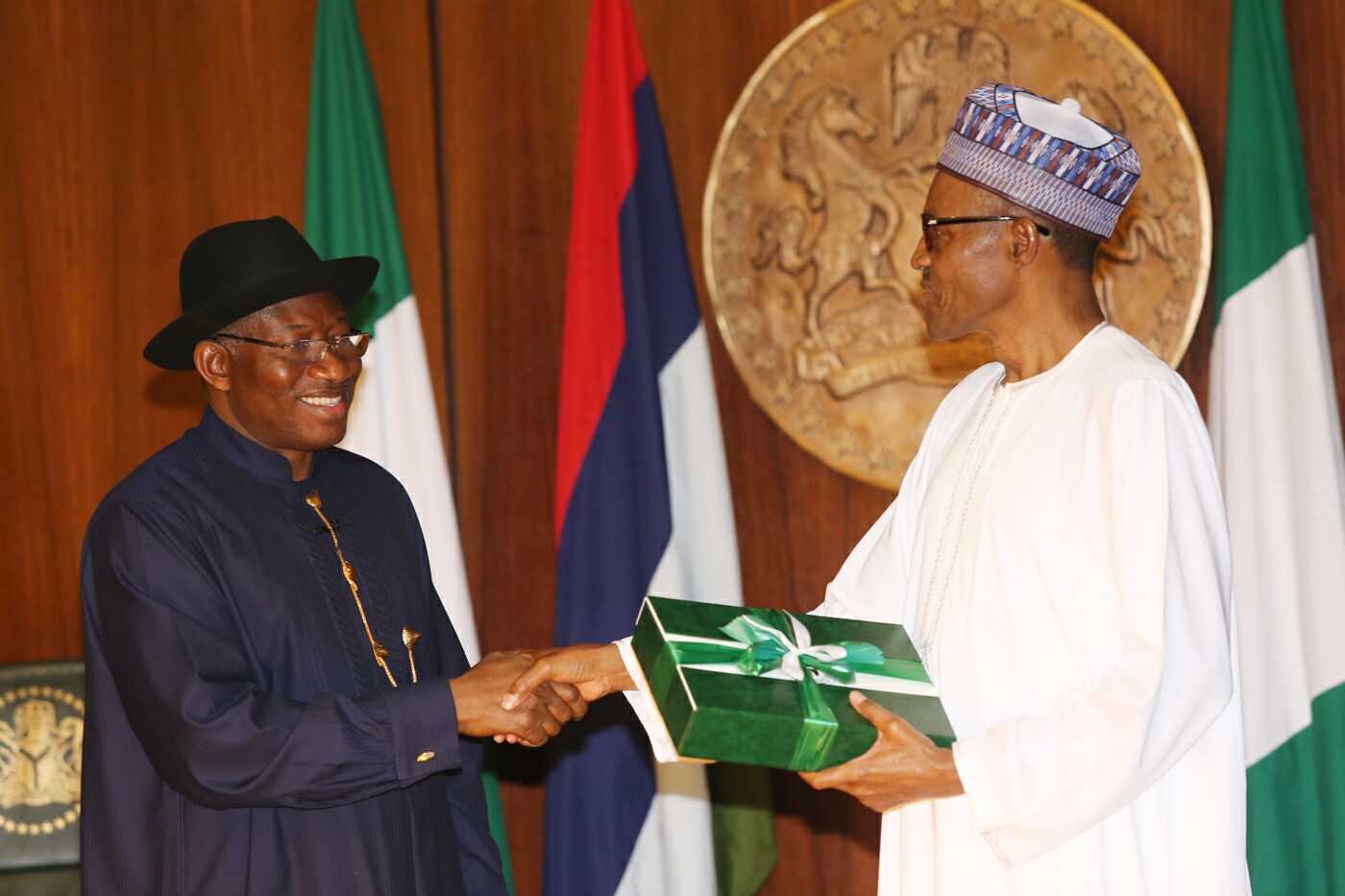
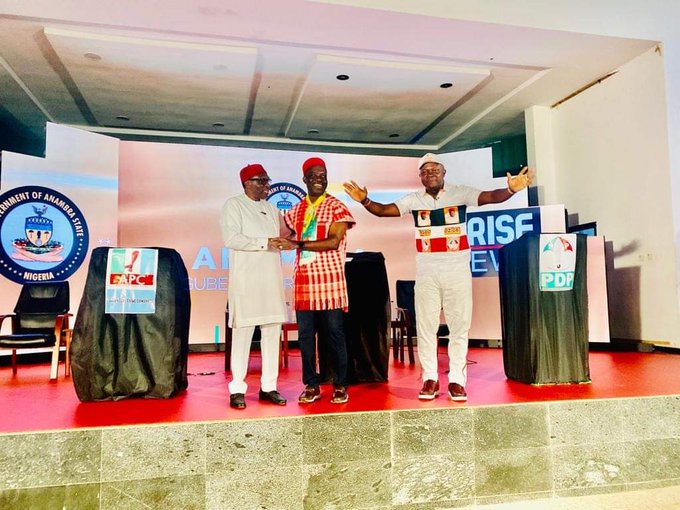
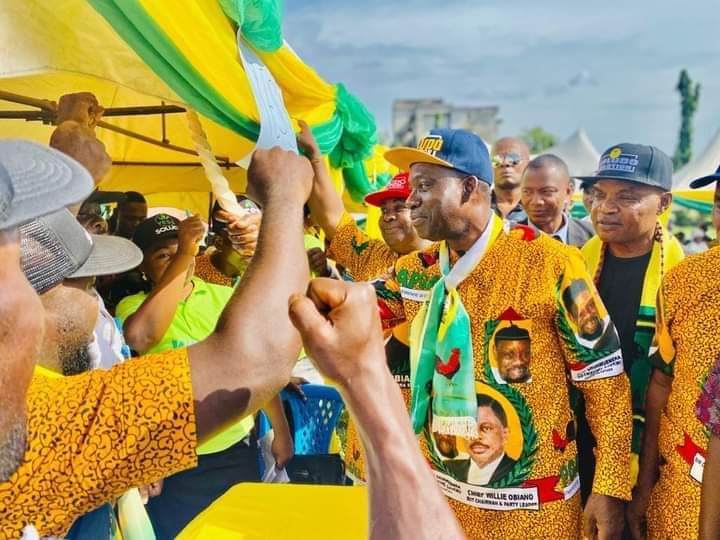

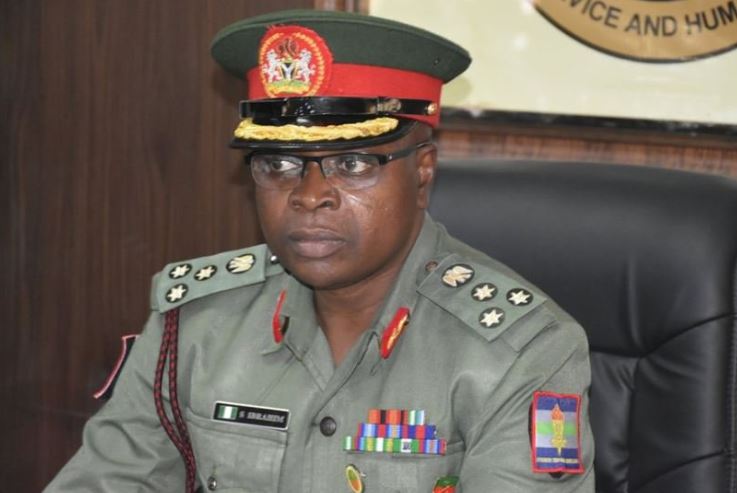
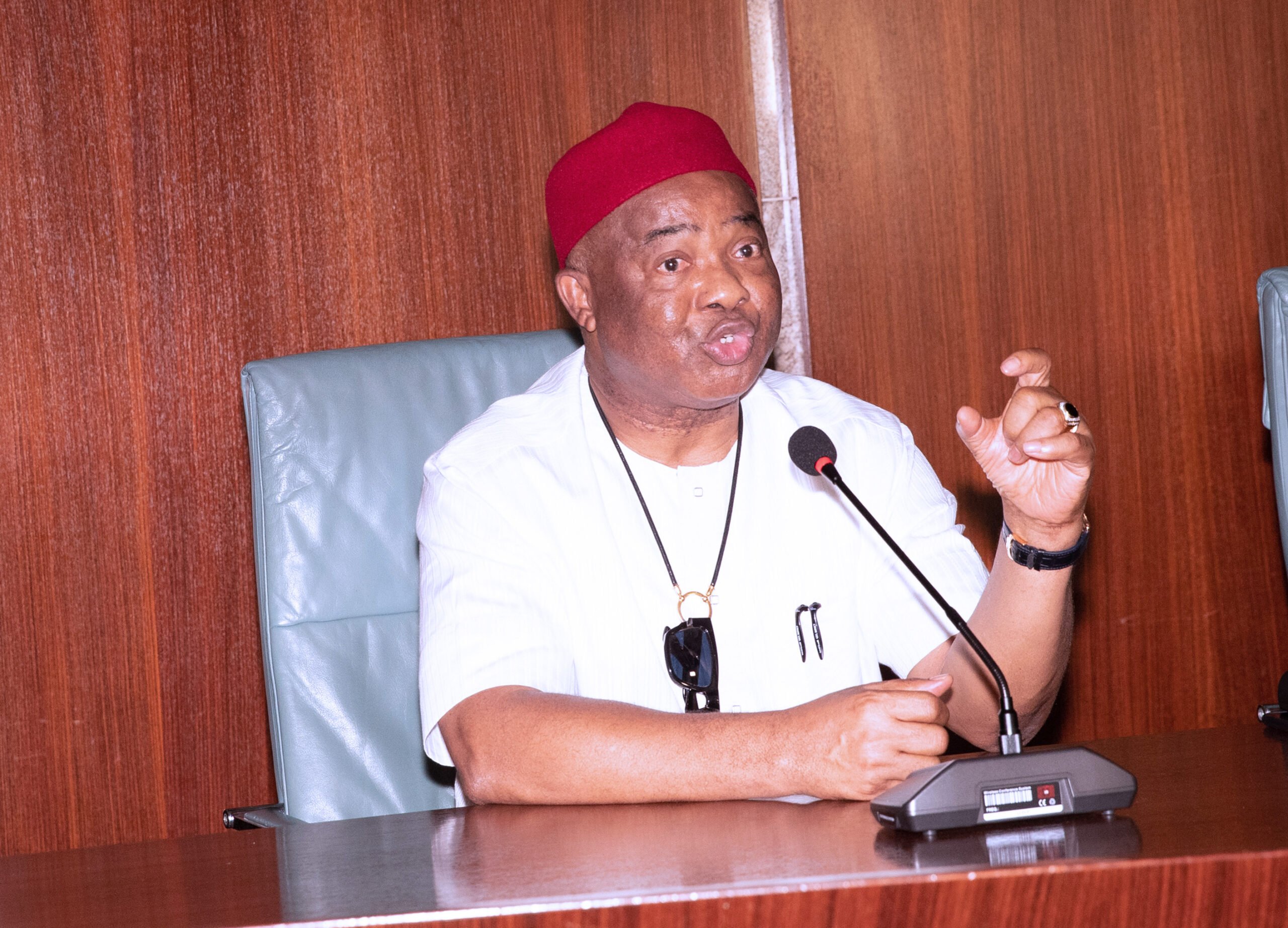
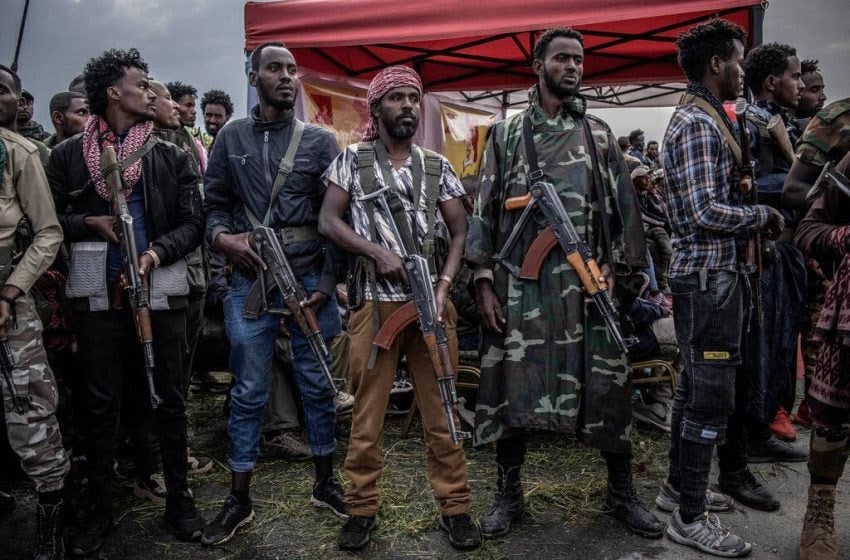
Mr. Kolawole,
Have never missed your weekly “sense to Nigerians” I love it.
Last year at Ojo, Lagos I was discussing with an elderly man who still sees Lafia the Nassarawa state capital when he visited the town in 1970!